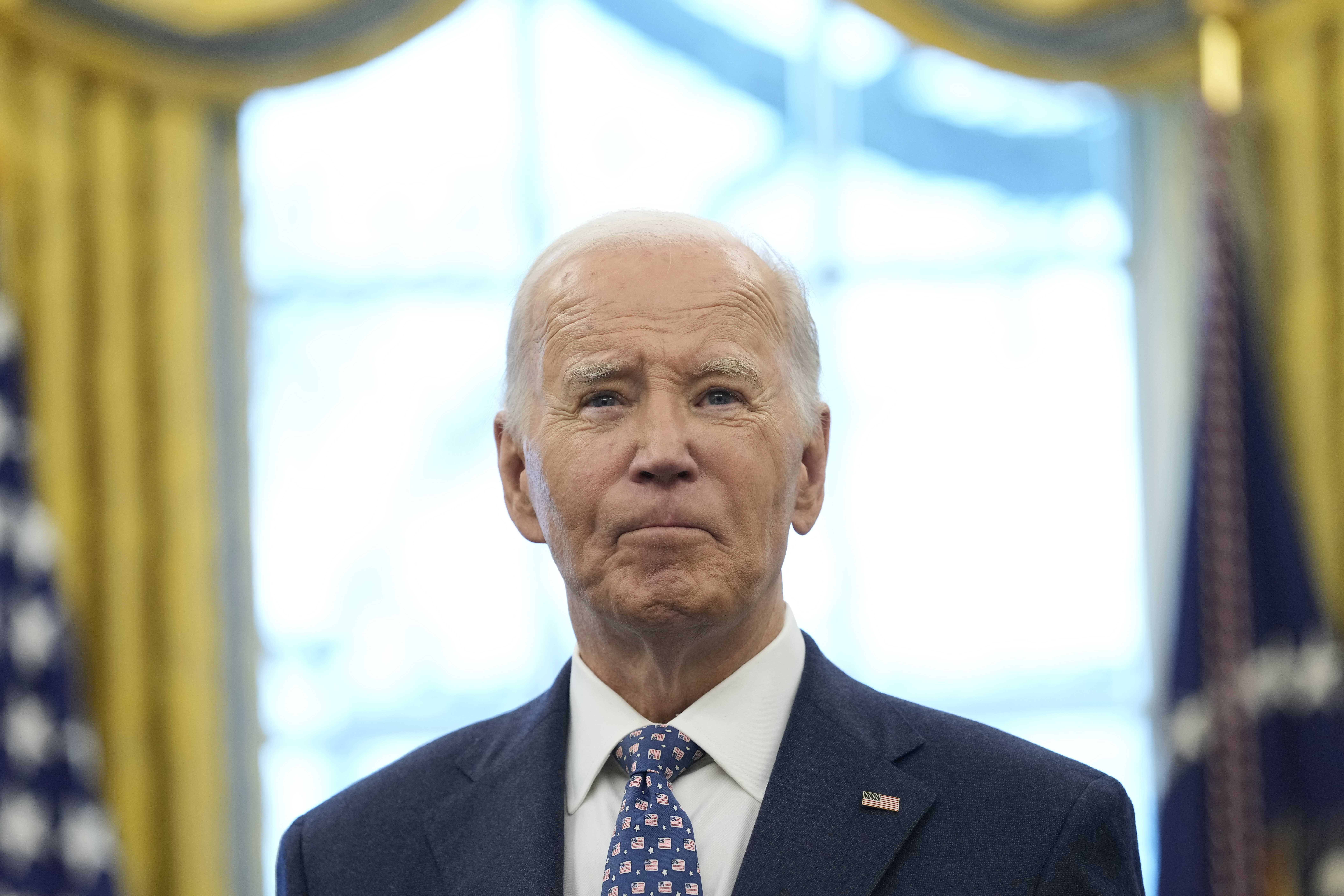Port Strike Averted — And The Union Credits Trump

Dockworkers and the shipping industry reached a deal Wednesday to avoid a strike that could have wounded the economy and created a major headache for President-elect Donald Trump just days before he took office.
The shipping industry and the union that represents tens of thousands of East and Gulf Coast longshore workers said in a joint statement they had reached a tentative agreement on a new six-year contract. They said it would avert any walkout that could have started at 12:01 a.m. Jan. 16, four days ahead of Inauguration Day.
They said the deal, which is subject to ratification by the union's membership, protects union positions and “establishes a framework for implementing technologies that will create more jobs while modernizing East and Gulf coasts ports — making them safer and more efficient, and creating the capacity they need to keep our supply chains strong.”
In a separate statement, the head of the dockworkers union, Harold Daggett, heaped praise on Trump for helping smooth the way for a deal, saying Trump — who had criticized industry's automation plans — "gets full credit." He cited the president-elect’s public support for the labor group after a meeting late last year.
“President Trump’s bold stance helped prevent a second coast wide strike at ports from Maine to Texas,” Daggett, the head of the International Longshoremen’s Association, said in the separate union statement on Facebook.
The union’s statement, which did not mention President Joe Biden, serves as a last-minute embarrassment for the outgoing Democrat, who repeatedly called himself labor’s best friend. It's also a significant victory for Trump, who has been attempting to shear rank and file union support away from Democrats for months.
An earlier port strike last fall, a few weeks before the November election, ended after roughly three days, following intervention from the Biden administration and dire warnings from interests such as retailers and manufacturers about the potential economic fallout.
To avert that work stoppage, the United States Maritime Alliance, known as USMX, which represents shipping companies and terminal operators at major cargo ports, agreed to an over 60 percent wage increase over the six-year life of the contract — an extraordinary victory for the dockworkers. But both sides punted on another major sticking point, the use of certain types of automation at docks — such as large cranes that stack containers in port yards with limited human interaction.
Daggett, a fiery union leader, has spoken passionately about the threat he says the technology poses to his workers and pushed for a total ban on automation, arguing that it takes jobs from his members.
While the parties said details of the agreement would not immediately be released, it must contain a compromise around the use of technology.
Trump sided with the dockworkers in a Truth Social post last month, saying he had met with Daggett and his son, Dennis, the union’s executive vice president. The incoming president argued that, when it comes to automation, “the amount of money saved is nowhere near the distress, hurt, and harm it causes for American Workers, in this case, our Longshoremen.”
The union said that meeting lasted two hours, and Trump spoke by telephone to USMX officials in support of the union.
During the October strike, Trump and Vice President Kamala Harris both sided with the ILA, speaking up for American workers and dinging the foreign-owned shipping companies that control terminals in the U.S. At the time, White House officials credited weeks of quiet engagement with both sides, punctuated by Biden’s public remarks, for heightening pressure on the industry to reach a deal.
Another strike would have been a significant test of Trump’s coalition, which includes working-class voters and big businesses.


